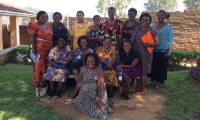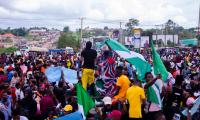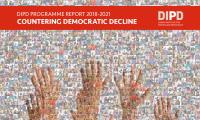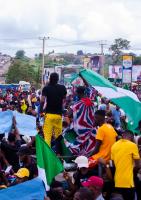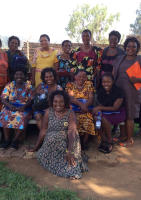Malawi
Malawi is continuing its democratic tradition, despite a volatile election annulment in 2019
Malawi secured its full independence in 1966 after becoming part of the Federation of Rhodesia and Nyasaland, which was under British colonial rule, in 1953. Malawi was a one-party state under the Malawi Congress Party (MCP) for the first three decades of its independence. In 1993, after a referendum multiparty democracy was instituted, leading to elections under a provisional constitution the following year. Subsequently, the constitution was formally adopted and has undergone multiple amendments. Since then, the country has regularly held free elections.
May 2019 saw the incumbent president Peter Mutharika declare himself the winner of the presidential election. This led to country-wide protests, especially from the opposition parties, one of which was led by the hitherto vice president. After eight months, the Constitutional Court annulled the election, ruling that there had been grave and widespread irregularities.
In June 2020, the leader of MCP won the new elections, in collaboration with the vice-president’s party. The new president, Lazarus Chakwera, has formed a government, and the elections are generally accepted by the people.
Malawi is challenged by poverty and corruption, as well as high levels of malnutrition due to a large agricultural sector that favours wealthy estate holders, at the expense of small-scale subsistence farmers.
Read more about the partnership on the partnership page below.
Population: 20,091,635.
Liberal Democracy Index: 0.54.*
[LDI encaptures both electoral and liberal aspects of democracy]
Proportions of Seats held by Women in Parlament: 20.73%**
Proportions of Seats held by Youth under 30 in Parlament: 2.76%**
*V-Dem Institute 2023
**IPU.org 2023
